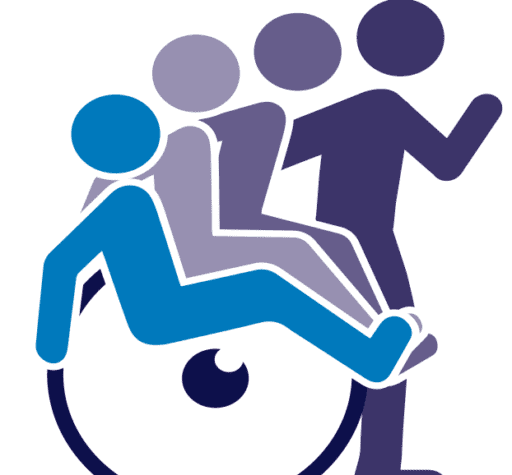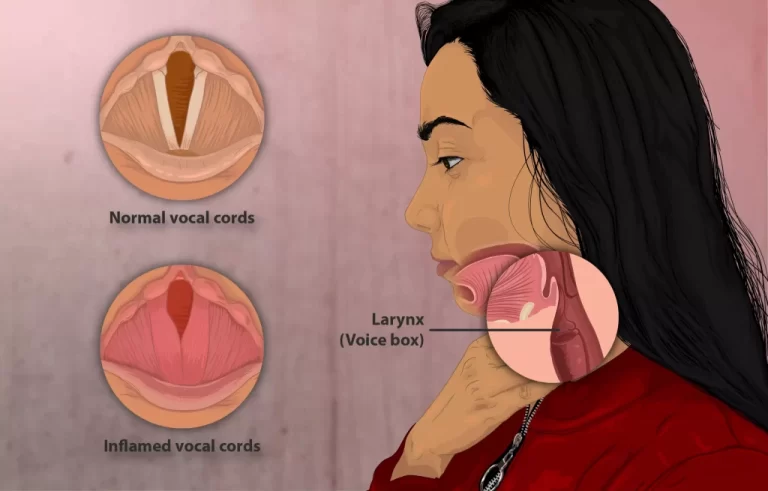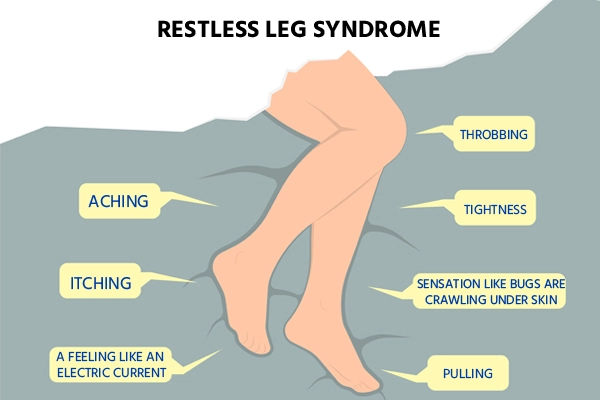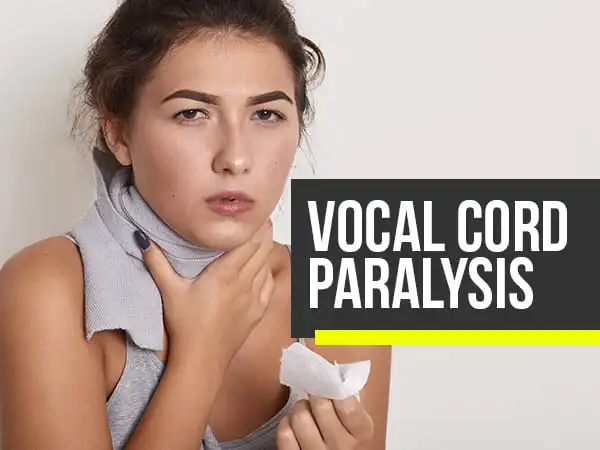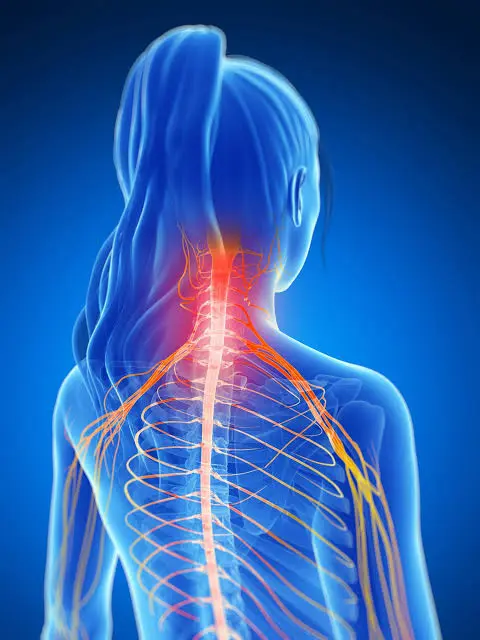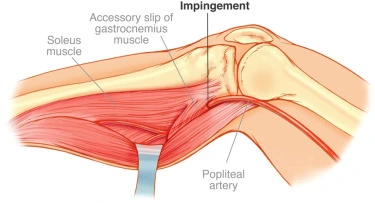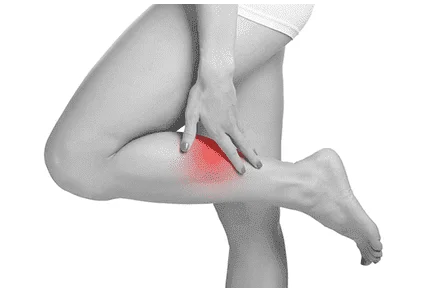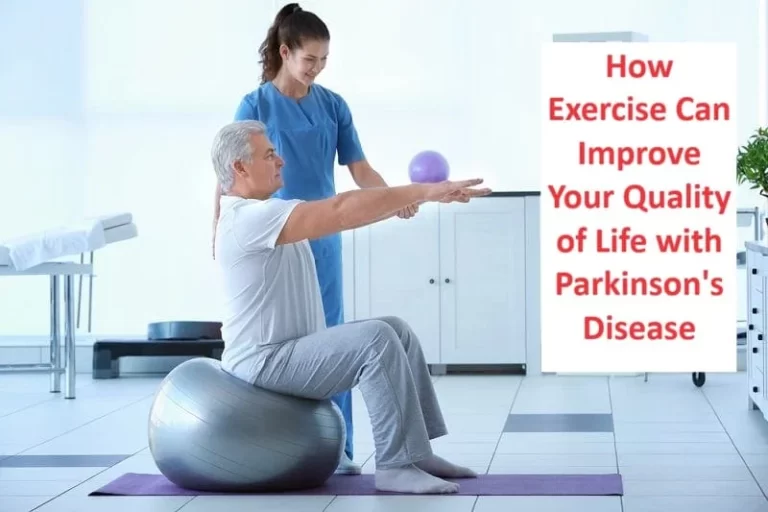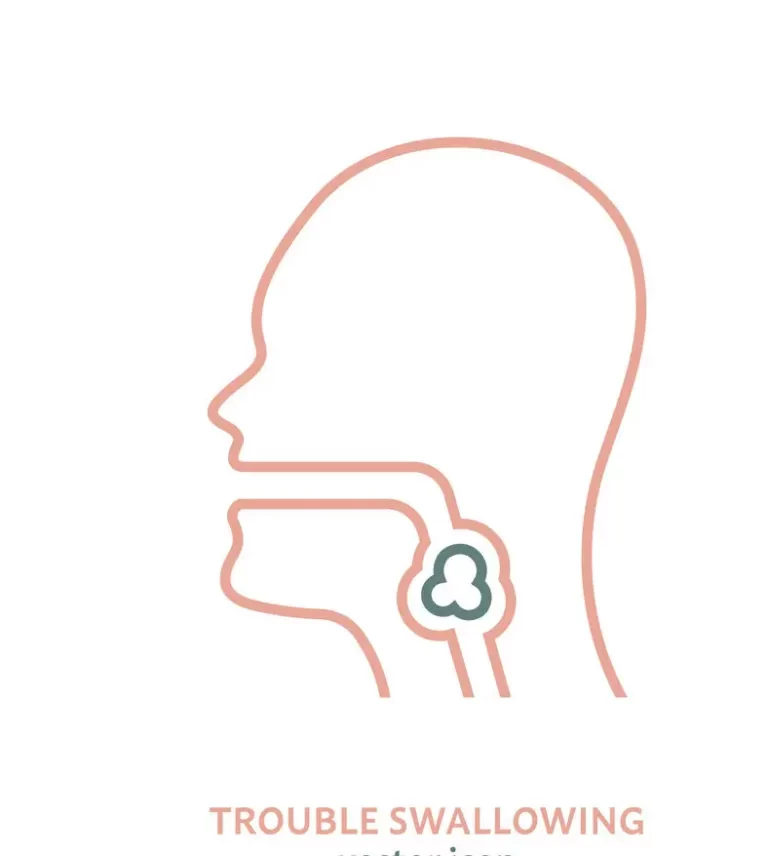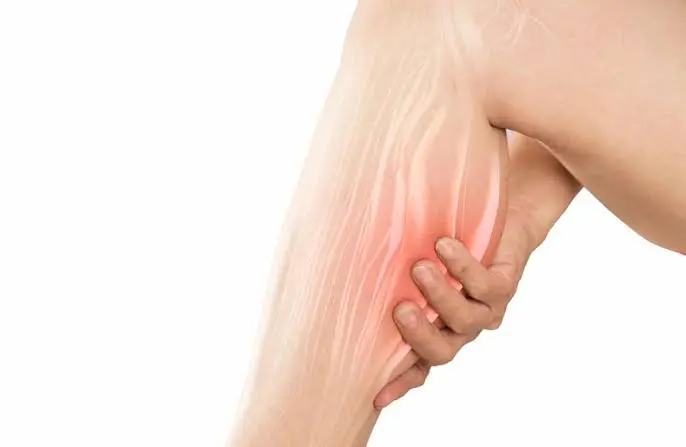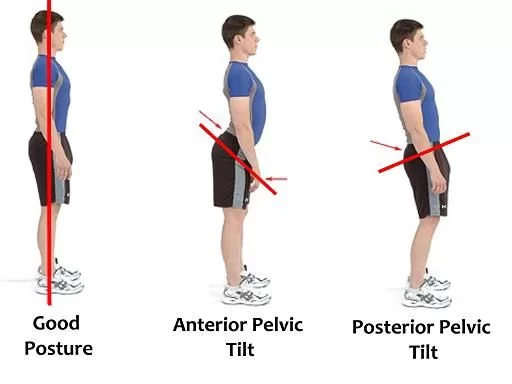Dysphonia (Hoarse voice): When Your Voice Takes a Wrong Turn
What is Dysphonia? The disorder known as dysphonia, or hoarseness, affects the quality of your voice. It sounds like the instruments in your voice, your vocal cords, are out of tune, producing a variety of disagreeable noises. A hoarse voice, sometimes referred to as dysphonia or hoarseness is caused by an involuntary breathy, raspy, or…
